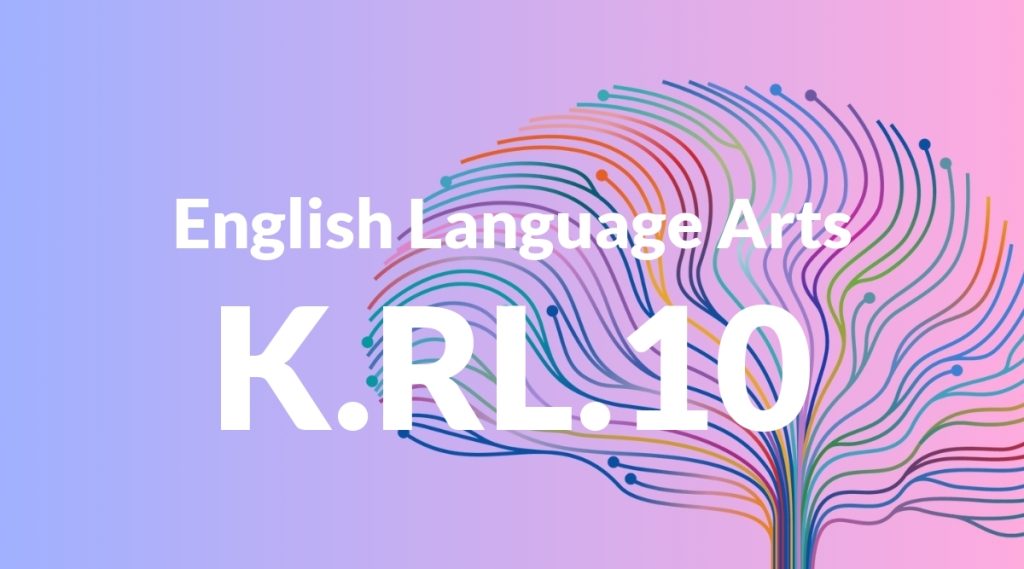Standard: K.RL.10 – Actively engage in group reading activities with purpose and understanding.
Grade level: Kindergarten
Subject: English Language Arts
Domain: Reading: Literature
Teacher Overview
This standard emphasizes the importance of group reading activities in Kindergarten. It helps students develop listening, comprehension, and communication skills in a collaborative setting. Engaging in these activities with purpose and understanding lays a foundation for future reading and academic success. Students should have basic listening skills, the ability to follow along in a book, and experience participating in group activities.
After mastering this standard, students will be better prepared to comprehend and discuss stories more deeply, identifying main ideas, characters, and settings, and improving their listening and communication skills.
Common Misconception 1
Some students may think that listening to others read is not as important as reading themselves. This misconception can hinder their ability to engage fully in group reading activities and miss out on the benefits of listening to fluent reading.
Intervention 1
Use interactive read-alouds where students are encouraged to ask questions and make predictions to show the value of listening. Highlight how listening helps understand the story better.
Common Misconception 2
Students may believe that participating in discussions is not necessary after reading. This can prevent them from developing deeper comprehension and critical thinking skills.
Intervention 2
Incorporate fun and engaging post-reading activities such as drawing scenes from the story or acting out parts to demonstrate the importance of discussions. Show how discussing helps everyone understand the story better.
Prerequisite Knowledge
Students should be familiar with basic listening skills, understand how to follow along in a book, and be able to sit and participate in group activities.
Subsequent Knowledge
Students will develop the ability to comprehend and discuss stories more deeply, including identifying main ideas, characters, and settings. They will also improve their listening and communication skills.
Instructional Activities
- Interactive read-aloud sessions
- Group discussions about the story
- Story dramatizations
- Group drawing activities based on the story
- Question and answer sessions
- Predicting what happens next in the story




